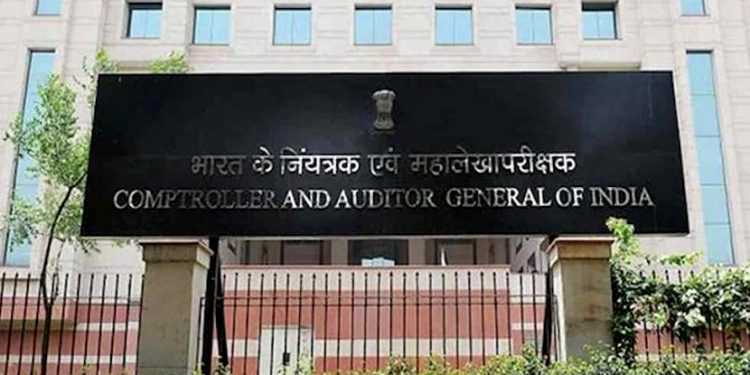Bhubaneswar: Although the state government is pumping in huge amount of money for building check dams for irrigation purposes, large tracts of farmlands do not get a drop of water as many of these check dams remain dysfunctional, indicating large-scale corruption in the process.
This was revealed in the Comptroller and Auditor General (CAG) of India’s report which was tabled in the Assembly recently.
The check dams built by the Panchayati Raj and Drinking Water department have become defunct, said the CAG report tabled in the Assembly recently.
Lack of proper planning, selection of unsuitable locations, flawed conception and incomplete check dams have incurred a loss of Rs 2.33 crore to the state exchequer, the report said.
The implementing agencies were instructed in 2012 to build the check dams.
They were instructed to keep in view the nearby farmlands and consult with the Minor Irrigation Division engineers while choosing suitable sites and making blueprints.
They were also told to rope in local farming groups to functionalise the check dams. The purpose of building the check dams was also to provide employment to rural populace under MGNREGS.
The CAG scrutinised documents of 2 Gram Panchayats and BDOs under 7 Panchayat Samitis between 2018 and 2020. Construction of 48 check dams at the cost of Rs 3.13 crore was targeted between 2009 and 2018 under MGNREGS.
By March 2018, 37 check dams were built with Rs 2.48 crore, out of which, 30 costing Rs 2.03 crore were audited. This apart, 11 check dams costing Rs 30.35 lakh remained incomplete.
The audit revealed that these check dams were not being utilised for irrigation of farmlands, were built randomly with no farmland nearby and lacked water containing capacity.
None of the aforementioned directions were followed and no observation was made as to which crops required irrigation, before building the check dams.
Even more shockingly, the dams were not handed over to the local farming groups or Pani Panchayats, the CAG report revealed. Due to this, check dams built at the cost of Rs 2.03 crore have been lying defunct for years.
With this, MGNREGS scheme’s goal of strengthening the natural resources and increasing the farmland’s fertility to boost employment in rural areas has taken a back seat.
PNN






































